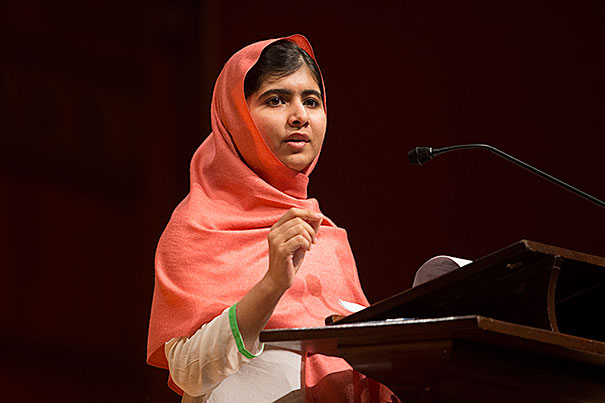The Inspiring Journey of Malala Yousafzai

Introduction
Malala Yousafzai, a name synonymous with the fight for education and women’s rights, continues to be a crucial figure in global advocacy. Her story epitomizes resilience and determination, especially in the face of adversity. With education being a fundamental right, Malala’s work has resonated with millions, making her a significant voice in contemporary society.
Background and Education Advocacy
Born in Mingora, Pakistan, in 1997, Malala began her advocacy for girls’ education at a young age. Influenced by her father, who ran a school, she started blogging for the BBC Urdu under a pseudonym, detailing her life under Taliban occupation. This courageous act brought her international recognition but also put her life in peril. In 2012, Malala was shot by a Taliban gunman, an attempt that sparked global outrage and led to her becoming a symbol of the struggle for girls’ education worldwide.
Since her recovery, she has become an outspoken advocate, co-founding the Malala Fund, which aims to ensure that girls around the world can access 12 years of free, quality education. The Fund has been instrumental in supporting education initiatives in countries like Nigeria, Pakistan, and Afghanistan, and works alongside local organisations to change policies and create opportunities for girls.
Recent Developments
In recent months, Malala has continued to engage with global leaders, urging them to prioritise education in their agendas, especially in the wake of the COVID-19 pandemic, which has exacerbated existing inequalities in education access. Her speeches at various international forums focus on the urgent need for investments in education and the protection of safe learning environments for girls.
Additionally, the Malala Fund released a report in early 2023 highlighting the impacts of educational disruptions caused by the pandemic, emphasising its ability to widen the gap in gender parity in education. Malala’s ongoing commitment to this cause remains unwavering, and she continues to inspire the next generation of activists.
Conclusion
Malala Yousafzai’s story is not just one of personal triumph; it reflects the ongoing struggle for education as a universal right. Her advocacy work serves as a reminder of the power of education in transforming lives and communities. As she forges ahead with her initiatives, we can only expect her impact to amplify, inspiring countless individuals to join the movement for educational equality. Indeed, Malala has shown us that when girls are educated, societies are transformed.









